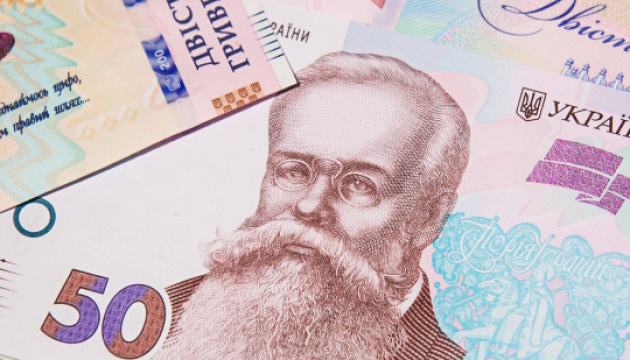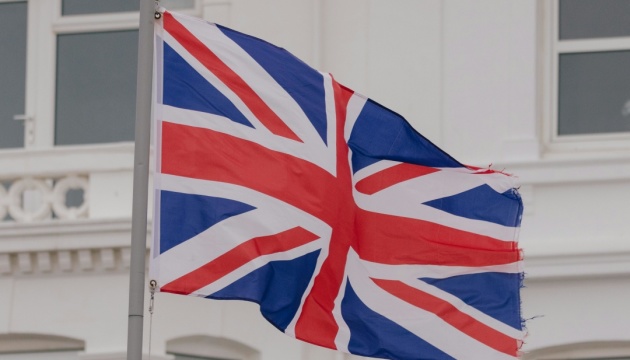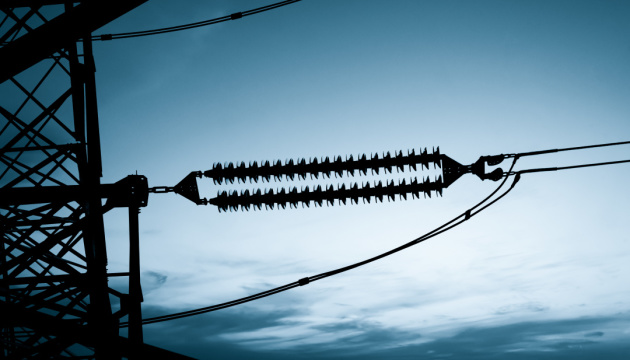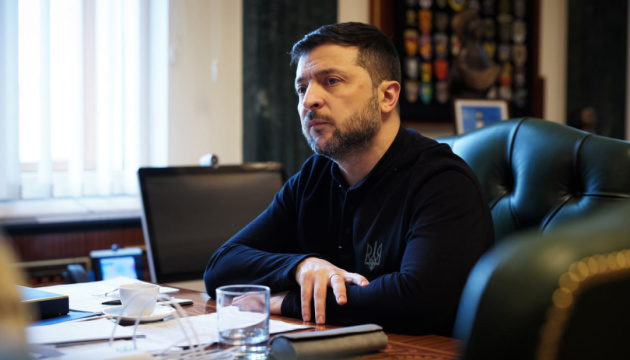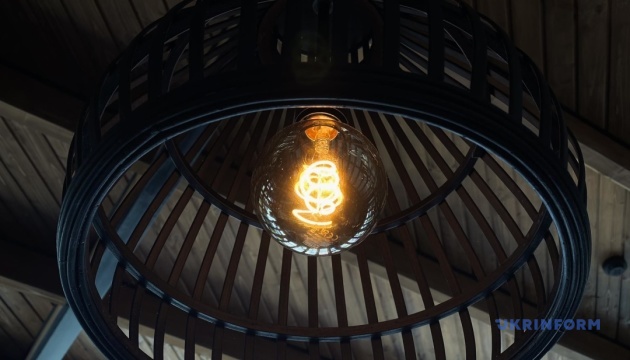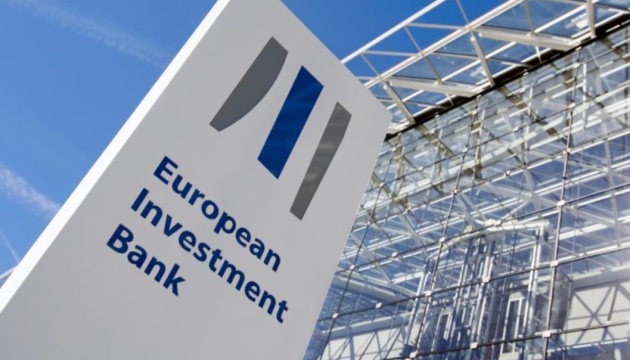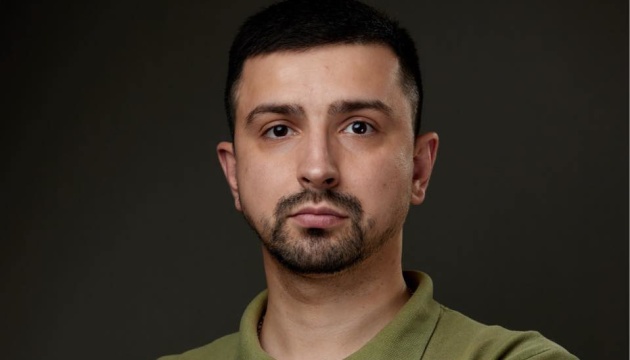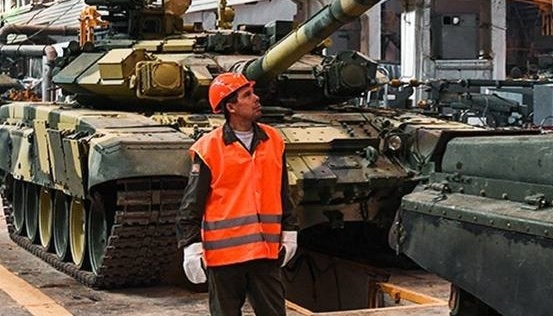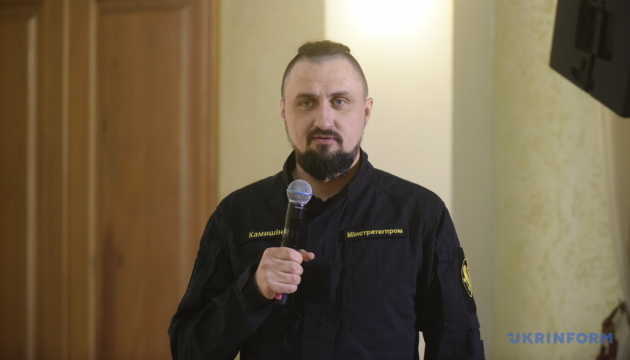Trump Turns to Affordability Message Amid Economic Frustration

© Hiroko Masuike/The New York Times


© Hiroko Masuike/The New York Times


© Tierney L. Cross/The New York Times


© Hiroko Masuike/The New York Times
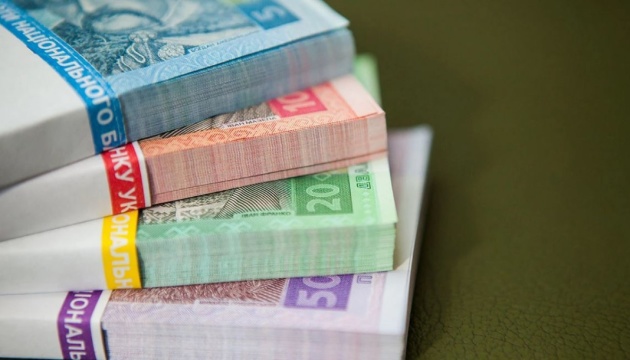

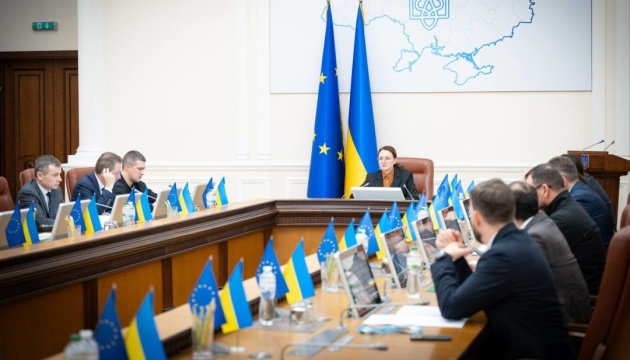

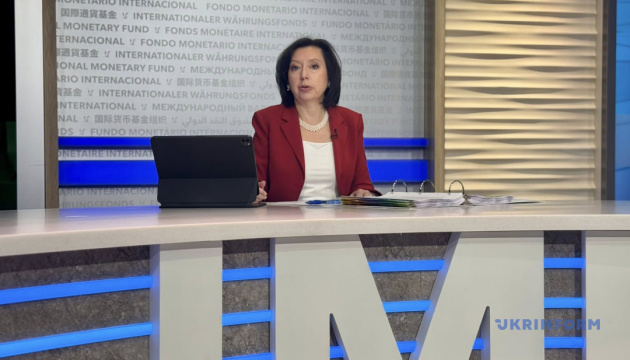

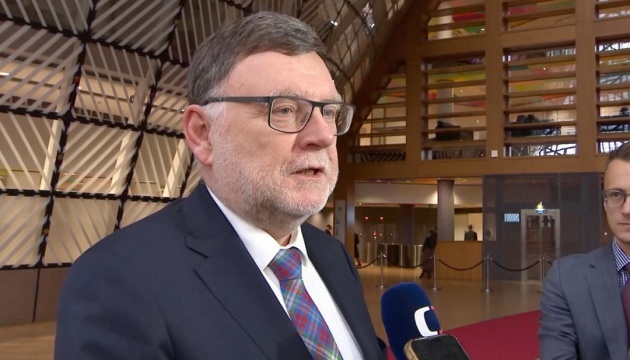

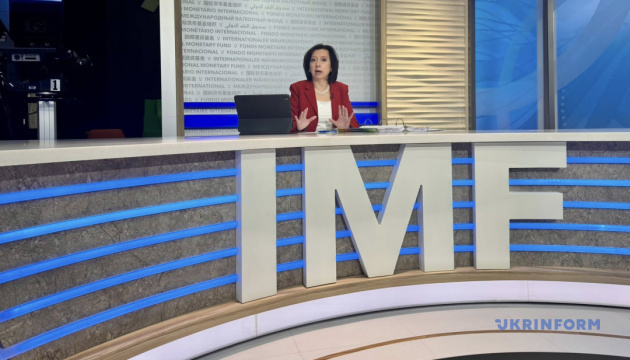

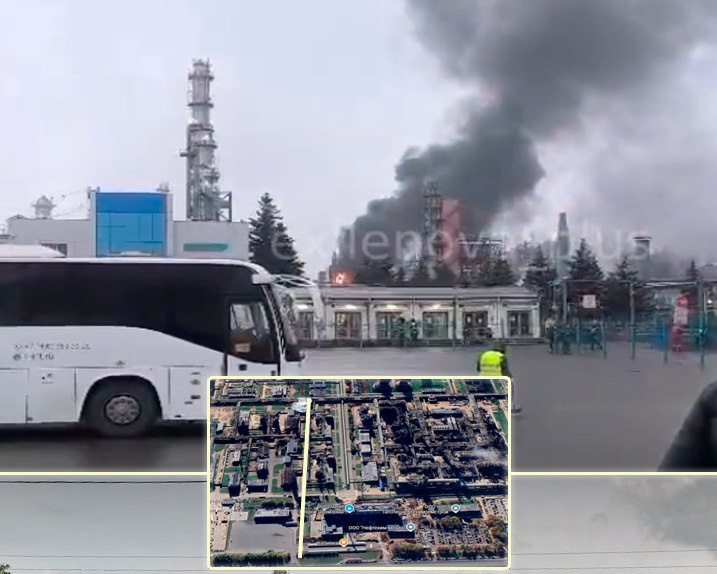

A major fire broke out today, 13 November, at one of the petrochemical plants in Nizhnekamsk, Tatarstan. According to preliminary reports, the blaze started in one of the production units of the “Nizhnekamskneftekhim” enterprise, which is among the key facilities in Russia’s petrochemical industry, Astra reports.
Photos shared on local social media show thick black smoke rising above the industrial area. No casualties have been reported to date, and the cause of the fire has not been officially determined.
The plant specializes in the construction, repair, and modernization of petrochemical and energy industry facilities, performing the full cycle of work, from manufacturing metal structures to installing technological equipment.
Experts note that such incidents reduce the production capacity of Russia’s petrochemical sector — one of the industries directly financing the war against Ukraine. Even if officially labeled as “fires,” the real economic damage to Russia could be significant.
A war that destroys not only Ukraine but Russia itself
Nizhnekamsk is located more than 1,000 kilometers from the Ukrainian border, but the war Russia is waging increasingly “comes back home,” damaging its economy, technological potential, and sense of security.
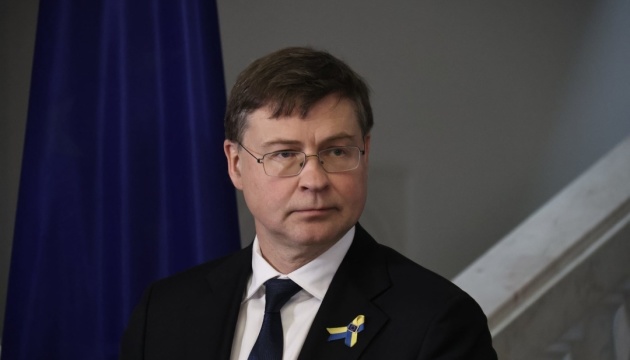

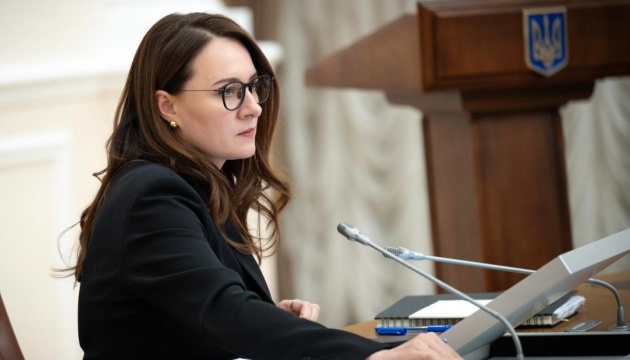



© Ian Willms for The New York Times
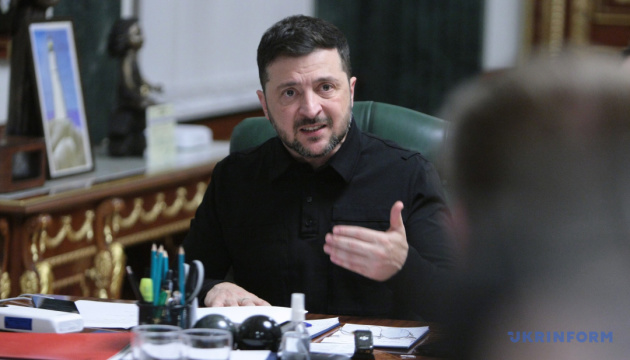

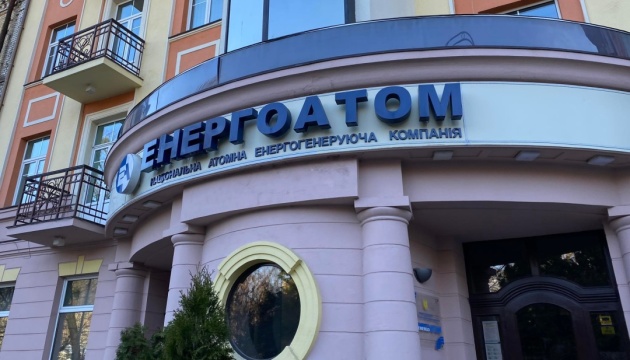

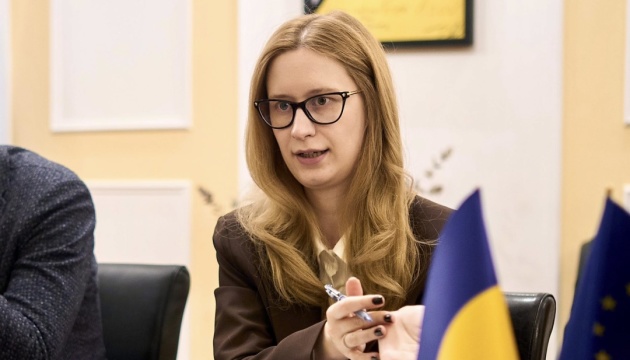

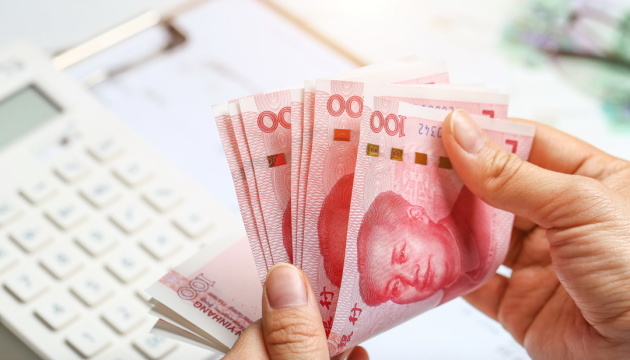

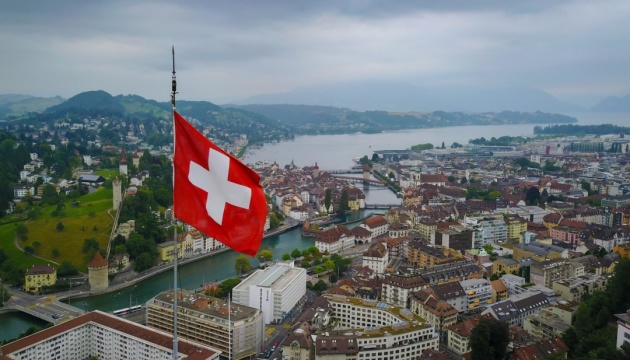

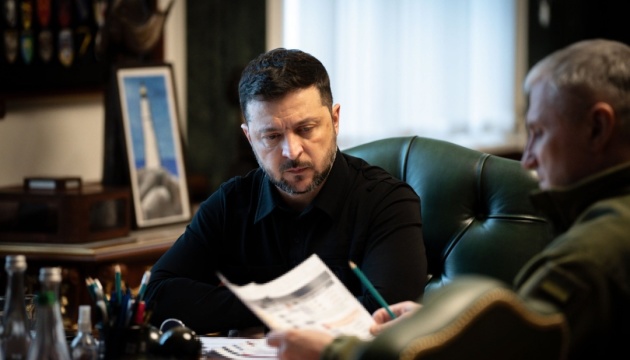



Kyiv strikes Russia’s military economy. On 12 November, Ukraine's General Staff reported that Kyiv troops targeted the infrastructure of Stavrolen LLC, a petrochemical enterprise, in Stavropol Krai, nearly 300 kilometers away from its border. The strike diminishes Russia’s ability to produce weapons used to kill Ukrainian civilians.
“The plant has a full cycle of hydrocarbon processing and produces polymers for manufacturing composite materials, body parts, seals, and insulation for various types of Russian military equipment. Among other things, it also produces components for UAVs,” the statement reads.
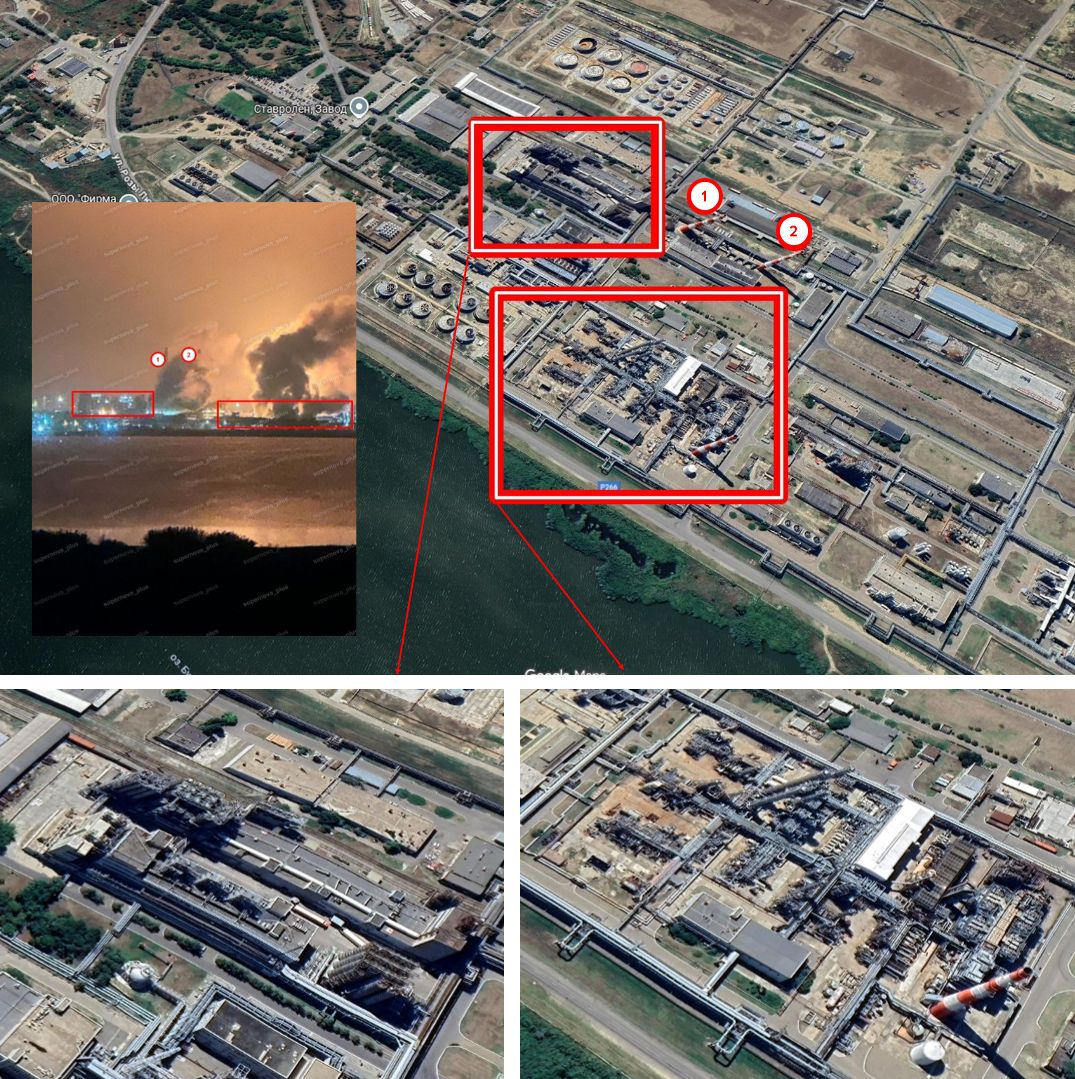
Multiple explosions and a large fire were recorded in the target area. The results of the strike are being clarified.
Additionally, to reduce the Russian offensive potential, an ammunition depot was struck in the temporarily occupied settlement of Novyi Svit, Donetsk Oblast.
“A direct hit and explosions were recorded. The extent of the damage is being clarified,” the General Staff said.
Ukraine's Special Operations Forces have also confirmed the strike.
“On the night of 12 November, Deep Strike units of the Special Operations Forces carried out a successful fire strike on the Stavrolen petrochemical plant in Budyonnovsk, Stavropol Krai, Russia," it reveals.
Several Ukrainian deep-strike drones reached their targets. Local residents confirmed the explosions on social media, while local authorities claimed the fire was caused by falling debris.
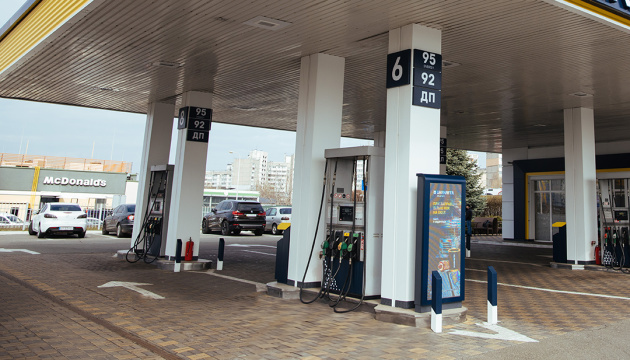

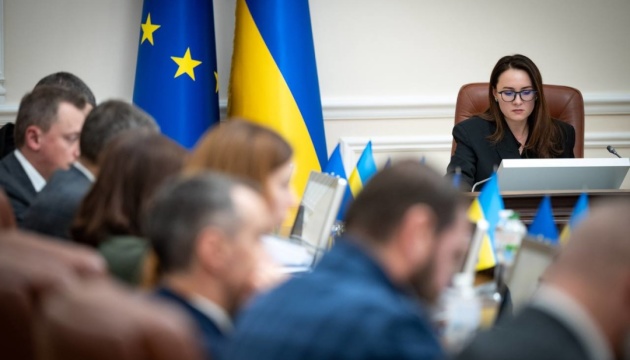



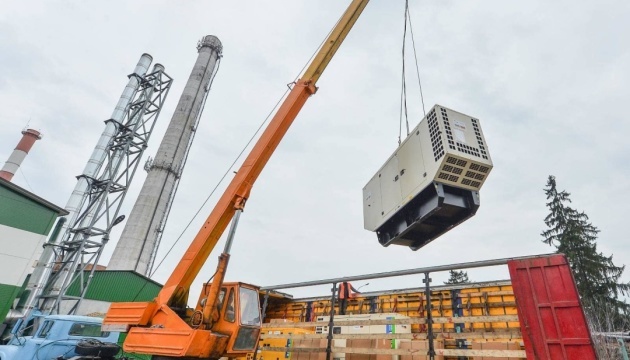

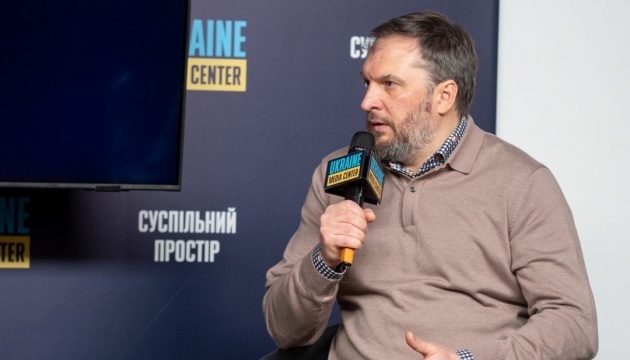

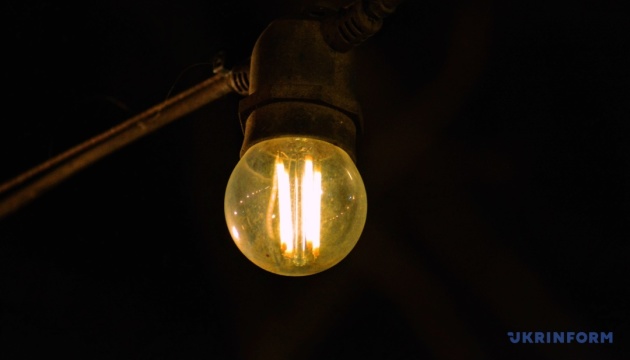

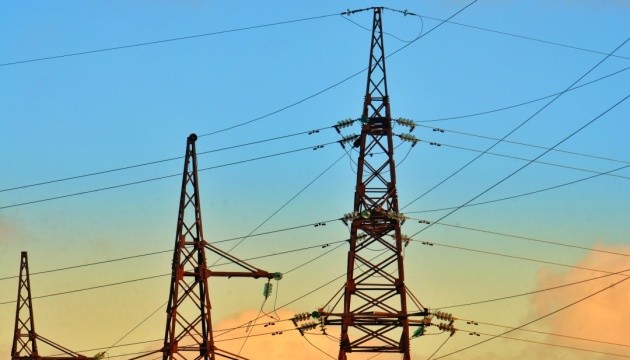



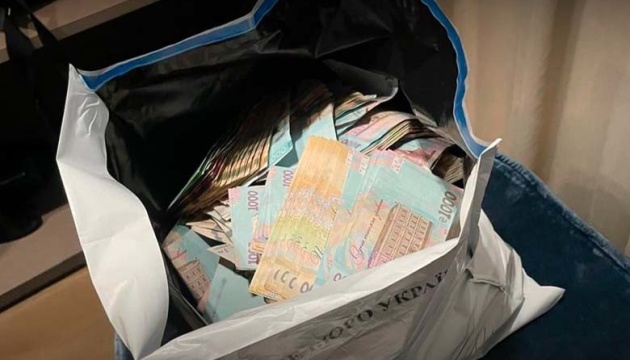

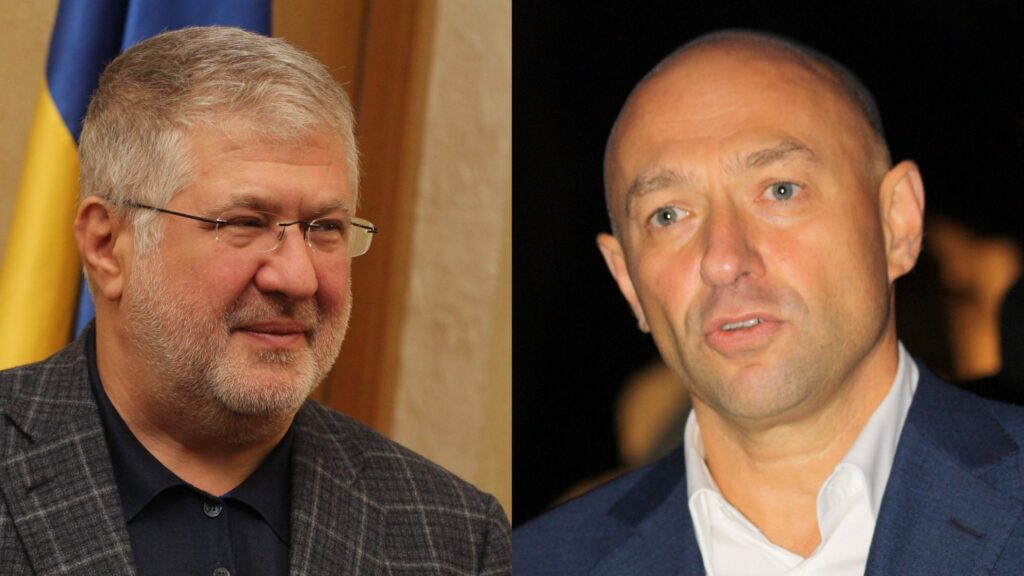

London's High Court finalized a ruling requiring oligarch Ihor Kolomoisky and his partner Hennadii Boholiubov to pay PrivatBank over $3 billion in compensation and legal costs.
The 10 November ruling marks the culmination of an eight-year legal battle that began when Ukraine nationalized the country's largest bank in December 2016 after discovering the oligarchs had siphoned approximately $5.5 billion—roughly 1.5% of Ukraine's 2014 GDP—through fraudulent loans to shell companies.
Ukraine spent billions recapitalizing the institution to prevent systemic collapse, a burden that fell on taxpayers while the oligarchs' assets remained largely intact abroad.
The judgment represents the largest banking fraud recovery in Ukrainian banking history, though enforcement remains uncertain given the complexity of the corporate structures and multiple jurisdictions involved.
Between 2010 and 2014, Kolomoisky and Boholiubov issued hundreds of loans to over 50 shell companies they secretly controlled, according to Justice Trower's 30 July ruling. These weren't real businesses—most had no operations, employees, or purpose except to receive money.
Those fraudulent loans were immediately transferred to corporate defendants in the UK and British Virgin Islands under the pretense of "prepayments" for goods that were never delivered. The court found the payments were never returned.
Cyprus served as the key pipeline, with PrivatBank's branch facilitating over $2.3 billion in foreign currency transfers. When loans came due, new fake loans were issued to repay old ones—creating an illusion of solvency while money flowed to accounts controlled by the oligarchs.
A 2017 audit by Kroll confirmed PrivatBank engaged in massive fraud before nationalization, with losses reaching $5.5 billion.
Ukraine's Minister of Finance Serhii Marchenko welcomed the ruling as "an important step towards achieving justice," noting that it demonstrates that "Ukraine can successfully defend its position and interests on the international stage."
However, the London ruling also indicates that Ukraine was powerless to achieve this success at home.
PrivatBank filed its lawsuit in London's High Court in 2017, arguing Ukrainian courts couldn't deliver justice.
The bank's legal team told the court that Kolomoisky's "power and influence" made fair proceedings impossible in Ukraine.
The court found senior PrivatBank employees facilitated the scheme under direct orders from Kolomoisky and Boholiubov. Compliance failures weren't accidental—they were deliberate, driven by intimidation. Even National Bank of Ukraine officials faced threats when they investigated.
Justice Trower noted that Kolomoisky threatened NBU deputy governor Kateryna Rozhkova, telling her he was "a hungry tiger in a cage" with "very long arms" who could reach her anywhere.
Kolomoisky and Boholiubov deployed multiple legal strategies that the court rejected.
Boholiubov claimed he acted independently from his longtime partner and suggested bank management orchestrated the scheme without his knowledge. The court found this implausible, noting he voted to reappoint the same management board after devastating audit reports exposed massive fraud.
Kolomoisky attempted a "free-choice extinction" defense, arguing PrivatBank's new management had voluntarily accepted the fraudulent transactions when signing 2016 financial statements. Justice Trower noted this argument was never properly pleaded and would have been rejected anyway.
Both oligarchs destroyed documents that could have served as evidence, withdrew their witness statements, and refused to testify under oath—leading the court to draw adverse inferences from their silence.
PrivatBank stated the oligarchs must pay by 24 November 2025, with interest accruing afterward if payment isn't made. The bank plans to pursue forced collection through the oligarchs' assets if they don't pay voluntarily.
But the court document notes that applications for appeal permission must be filed by 24 November, meaning no concrete final payment date can be established yet.
The oligarchs' assets have been under a worldwide freezing order since December 2017, when an English court issued an order for the worldwide arrest of their assets.
In February 2025, Ukraine's National Security and Defense Council imposed sanctions on both men, blocking their Ukrainian assets.
The BBC reported that due to Ukraine's sanctions, any recovered funds will be held in a client account at law firm Hogan Lovells in the UK until legal proceedings conclude. Given the enormous sum, complex corporate structures, and multiple jurisdictions involved, enforcement will likely be "prolonged," the court acknowledged.
Kolomoisky has been in Ukrainian custody since September 2023 on charges of organizing contract killings and fraud. The BBC reported that a Kyiv court extended his detention until 14 December 2025 on 16 October.
Boholiubov left Ukraine in June 2024 using what investigators claim was an invalid passport. Journalists later discovered he's living in Vienna.
The London judgment came just over three months after Justice Trower's 30 July ruling that found the pair orchestrated "a brazen fraud that nearly collapsed Ukraine's entire banking system."
Follow Euromaidan Press on Google News! YOUR SUPPORT = OUR VOICE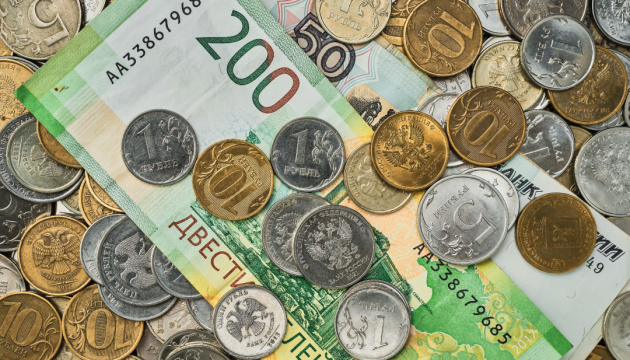

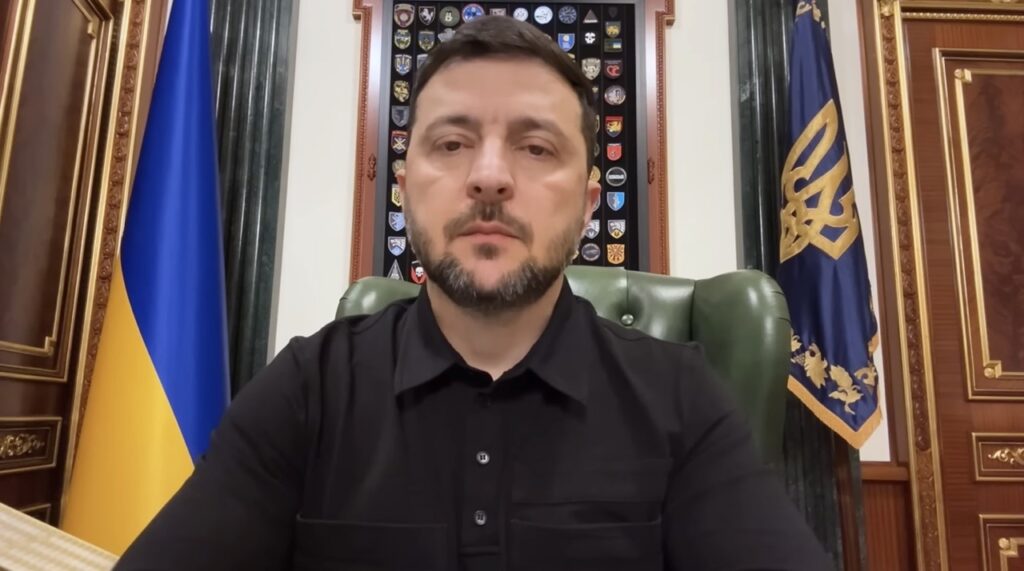

Ukrainian President Volodymyr Zelenskyy announced on 9 November that Ukraine and EU partners are preparing the 20th sanctions package against Russia, expected within a month, as Moscow's oil revenues collapsed 27% year-on-year in October amid existing restrictions and falling crude prices.
The timing connects Ukraine's push for expanded sanctions with mounting evidence that economic pressure is beginning to crack Russia's war financing. Russia collected 888.6 billion rubles ($9.7 billion) in oil and gas taxes in October, down from the same month last year, according to Russia's Finance Ministry.
Zelenskyy outlined specific targets for the 20th package in his evening address:
"Every Russian missile and every Russian drone contains specific components from other countries, specific countries – without them, there would simply be no Russian weapons," Zelenskyy said, directing Ukraine's Foreign Ministry to intensify work on cutting these supply lines.
The revenue collapse suggests sanctions are gaining traction. Russia's oil and gas revenues totaled 7.5 trillion rubles over the first 10 months of 2025, down 2 trillion from 9.54 trillion a year earlier. The decline accelerated from 14% in the first five months to 21% by October.
Multiple factors drove the drop: Russia's Urals crude averaged just $53.99 per barrel in October, below the government's $70 initial forecast and even its revised $56 target. Meanwhile, late October saw the US sanction Rosneft and Lukoil, Russia's two largest oil companies accounting for half of Russian crude exports—about 2.2 million barrels daily.
Around 70% of Russia's seaborne oil exports now face US restrictions. Analyst Vladimir Chernov of Freedom Finance Global estimates a 5-10% drop in Rosneft and Lukoil exports combined with wider discounts could cost Russia's state budget up to 120 billion rubles ($1.3 billion) monthly.
Russia's Finance Ministry expects a 22% shortfall in hydrocarbon revenues for 2025, projecting just 8.6 trillion rubles against an initial 10.94 trillion target. The ministry sees no significant recovery through 2028, with oil and gas revenues projected at 8.9 trillion in 2026, 9 trillion in 2027, and 9.7 trillion in 2028—still 20%, 19%, and 13% below 2024 levels respectively.
To plug widening fiscal gaps expected to reach 5.7 trillion rubles this year and exceed 10 trillion over the next three years, Moscow plans sharp tax increases. Value-added tax rises to 22% starting next year, small business taxes jump significantly, and the Finance Ministry aims to raise 12 trillion rubles through new borrowing.
Ukraine also introduced new sanctions Saturday targeting Russian government officials, occupation administrators, propagandists, collaborators, and military-industrial complex workers. "Russia continues its war, and in response, there must be our strong pressure with partners – pressure that is truly tangible for Russia, that brings them losses and that is felt politically," Zelenskyy said.
The president emphasized that all Russian attempts to disrupt processes with the United States and Europe would receive sanctions responses, declaring: "Everything gets its own reaction, its own sanctions."
Read also:
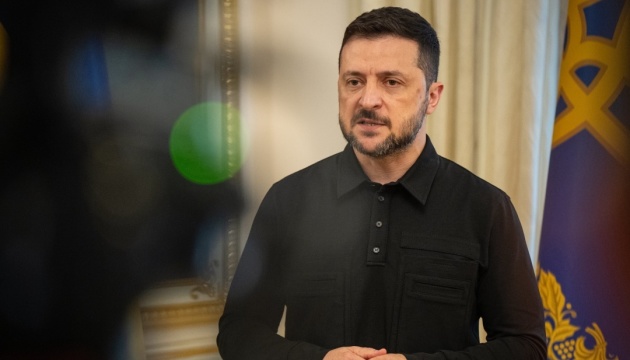

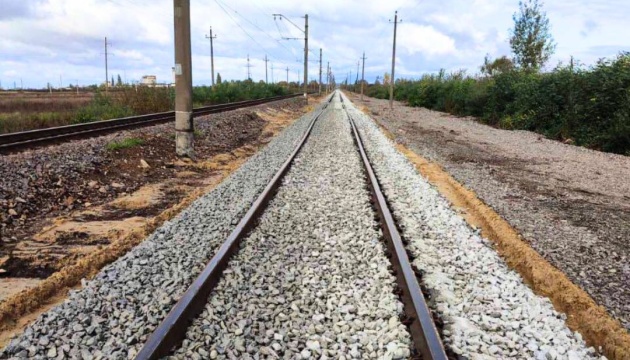

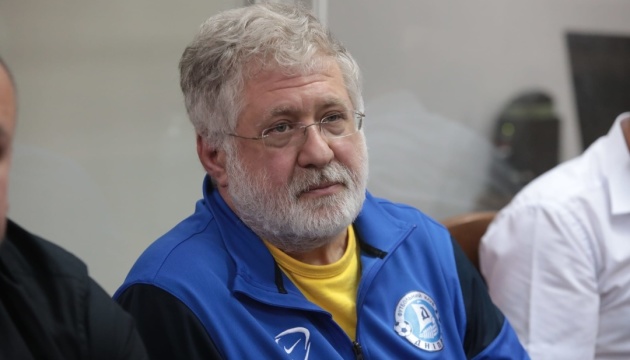





© Michael A. McCoy for The New York Times




© Tierney L. Cross/The New York Times
